In TUM Technology Core Facilities, technical infrastructure and know-how on high-performance technologies are bundled in central, well-equipped units across departments and Schools, professionally organized at School level, and made easily accessible to users throughout TUM in a service-oriented manner. Supported by Technical Experts, they enable scientists to use state-of-the-art technologies for research projects and clinical studies.
By leveraging synergies in the professional operation of the equipment infrastructure, the TUM TechCores ensure the sustainability of state-of-the-art technical equipment and methodology at TUM and develop these further in a service-oriented manner within the framework of their own research profile in order to meet complex scientific challenges with the highest quality and to promote scientific cooperation and cutting-edge research with partners at TUM, in Germany and internationally.
They ensure knowledge transfer, operation and access to infrastructure for users via their own specialized staff in order to efficiently provide state-of-the-art working methods and technical innovations to the university community. In some areas, the TUM TechCores also take over the central arrangement of maintenance and repair activities with manufacturing companies as well as the central application for public funding for equipment replacements and new purchases, also with regard to interactions.
Bavarian Center for Biomolecular Mass Spectronomy (BayBioMS)
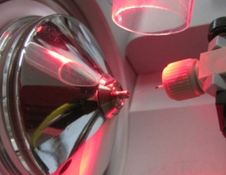
The Bavarian Center for Biomolecular Mass Spectrometry (BayBioMS) bundles the infrastructure of the Technical University of Munich in the field of mass spectrometry. It offers TUM scientists from all disciplines low-threshold access to the equipment and methods of proteomics and metabolomics, and provides its users with comprehensive advice on scientific issues regarding experimental design, sample preparation, measurement methods as well as data evaluation and bioinformatic data interpretation. BayBioMS is also active in teaching, training master students and members of the TUM Graduate School in the field of mass spectrometry and offering a wide variety of national and international training formats such as "summer schools", "workshops" and symposia every year.
Mößbauer Technology Center (MTC)
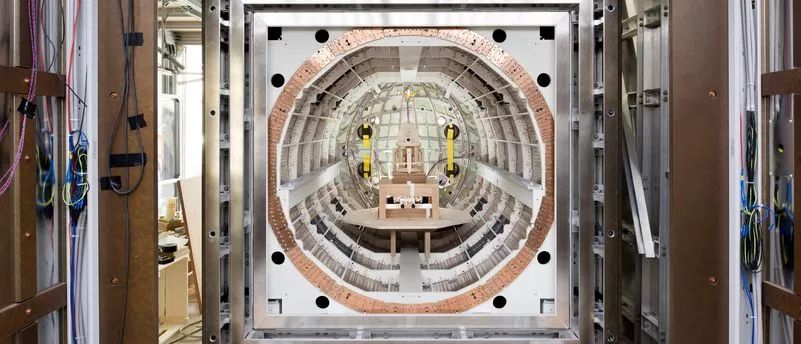
As a Tech Core Facility of TUM, the Mößbauer Technology Center (MTC) bundles expertise and instrumental infrastructure from different areas of physics. The MTC provides technological expertise from different physics disciplines to achieve a new level of cutting-edge research and to support collaborations with excellent scientists within the faculty, university-wide and on a regional, national and international level. Experimental facilities and expertise are clustered in three competence modules: Imaging and Detector Technology, Materials Preparation and Characterization, and Instrumentation for Experiments under Extreme Conditions.
Plant Technology Center (PTC)
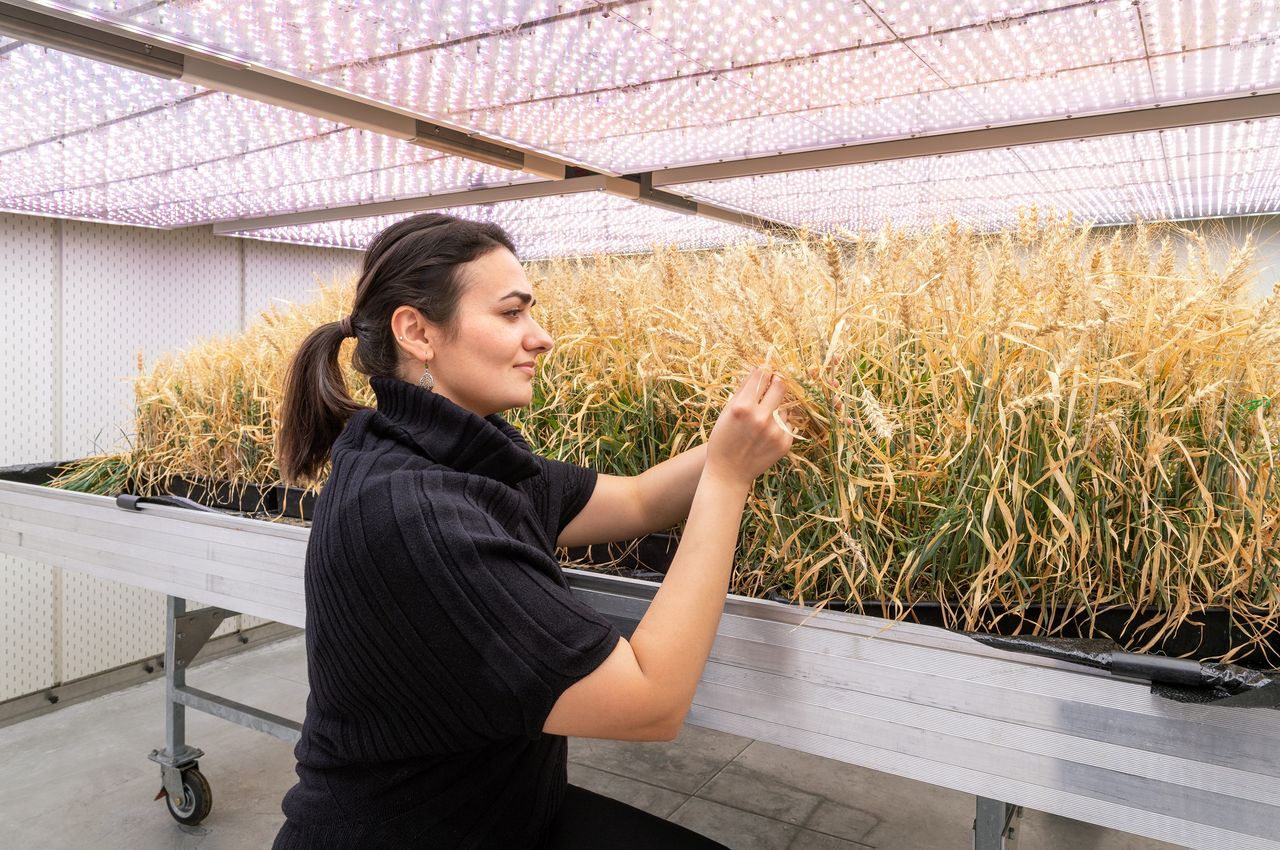
As a Tech Core Facility of Technical University Munich, the TUM Plant Technology Center (PTC) provides the technical prerequisites for plant science research under controlled and field conditions in a professional manner. It offers low-threshold access to infrastructure, provides technical and plant engineering know-how, and ensures the efficient operation and further development of plant experimental facilities at TUM oriented to long-term needs. In its subunits, it offers controlled cultivation facilities, field plots and forestry trial plots.
FACIT/TUM Life Science Technology Core Facility
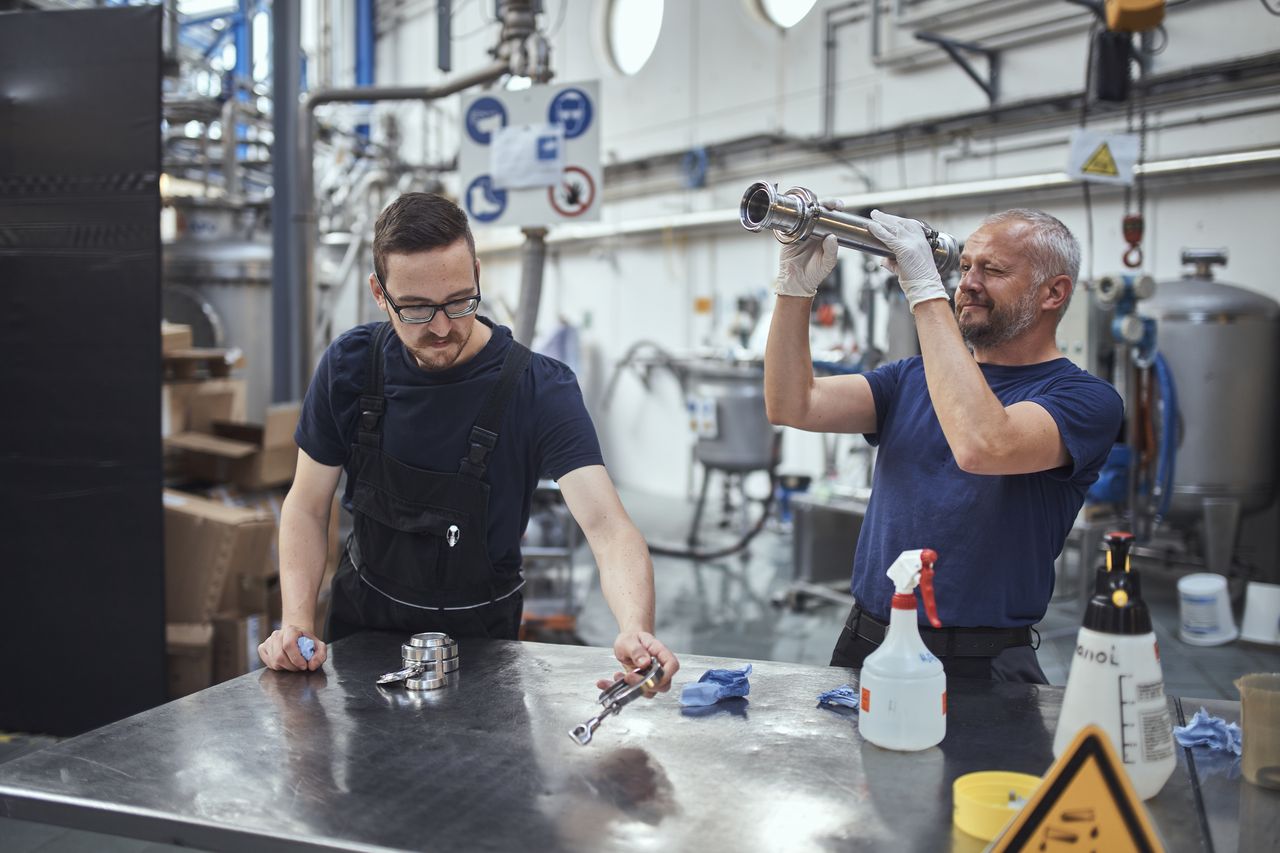
FACIT is a translation and technical infrastructure unit of the TUM School of Life Sciences Weihenstephan at the Technical University of Munich. Its main tasks are the transfer of research and the technical support of research and teaching. Thus, entrepreneurial and spin-off activities at the TUM School of Life Sciences are accompanied by the provision of a technical and intellectual infrastructure. The provision of an extensive workshop and technology infrastructure enables tailor-made research, teaching and start-up projects in the life sciences.
These tasks are realized by the two subunits TUM Life Science Tech Core Facility and TUM Venture Lab Food/Agro/Biotech. While the Tech Core Facility forms the central workshop infrastructure for the TUM School LS, the Venture Lab actively supports and incubates university spin-offs. Both units are closely interlinked within FACIT to provide ideal conditions for the School as well as the associated research translation and to utilize the best possible synergy effects.
Animal Research Center (ARC)
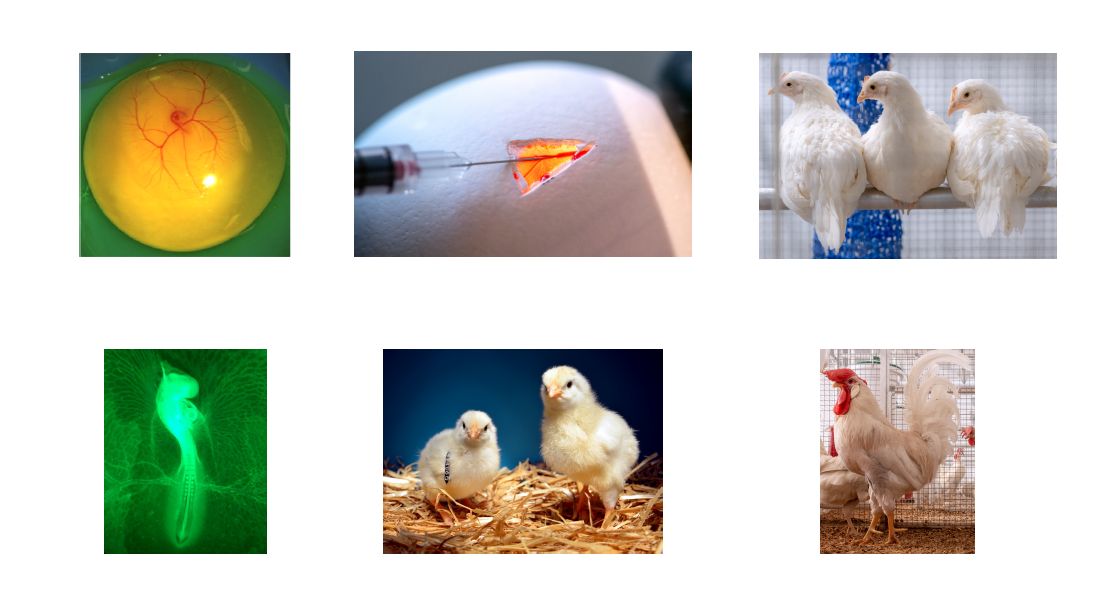
The Animal Research Center (ARC) of TUM offers state-of-the-art animal facilities for small and large animals as well as aquatic species. It supports the performance of complex animal experiments with highly qualified personnel and provides the necessary facilities for animal research projects. It provides low-threshold access to excellent infrastructure in the field of animal science research and is dedicated to making available and establishing new small and farm animal lines and animal models for the entire TUM and for collaborative projects. Cross-species translation of knowledge - from model species to (agricultural) livestock and humans - is a goal of this TUM Tech Core Facility. Through quality assurance measures, it thereby fulfills all regulatory requirements for experimental animal husbandry.
Electron Microscopy Facility (EMF)
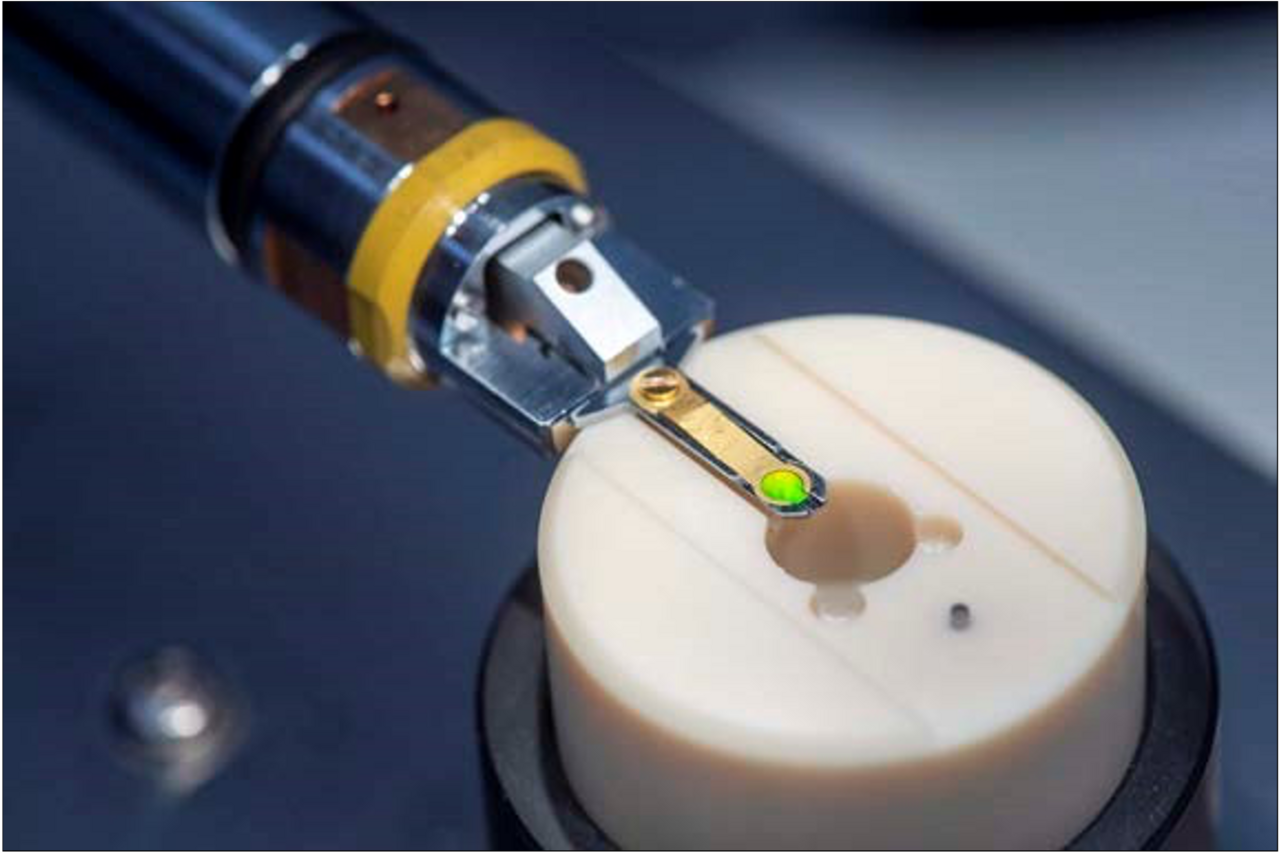
As a Technology Core Facility of Technical University Munich, the Electron Microscopy Facility (EMF) offers its scientists access to the future focus of high-performance electron microscopy. It bundles TUM's high-performance electron microscopy facilities in the competence areas "Biomedical Sciences”, Material Sciences", "Energy Materials and Catalysis" to support complex scientific challenges with EM data of the highest quality and to effectively provide access to the EM infrastructure to a wide range of users.
Bavarian NRM Center (BNMR)
The Bavarian NMR Center (BNMRZ) is a joint research infrastructure of the Technical University of Munich (TUM) and the Helmholtz Center Munich (HMGU), with locations both at the Chemistry Department of TUM and the HMGU campus.
Research at BNMRZ focuses on the development and application of advanced NMR methods for studying the structure, dynamics and molecular interactions of biological macromolecules, computational approaches for integrative structural biology, structured-based drug discovery, pulse sequence and methods development for solution and solid-state NMR spectroscopy and magnetic resonance imaging.
Founded in 2001 with support from the State of Bavaria, the BNMRZ represents an international competitive, state-of-the-art facility for NMR methods and applications in biomedical research. The BNMRZ provides access to NMR measurements and expertise for researchers in Munich, Bavaria, and (inter)national users.Together with the Biomolecular Magnetic Resonance Center in Frankfurt, the BNMRZ coordinates the G-NMR network of German NMR centers to promote networking of teaching, training and development of novel techniques, supported by the German Research Foundation (DFG).
Since spring 2017 the BNMRZ research groups, NMR spectrometers and laboratory facilities are located in a new research building funded by the Wissenschaftsrat, which includes the acquisition of a 1.2 GHz spectrometer.